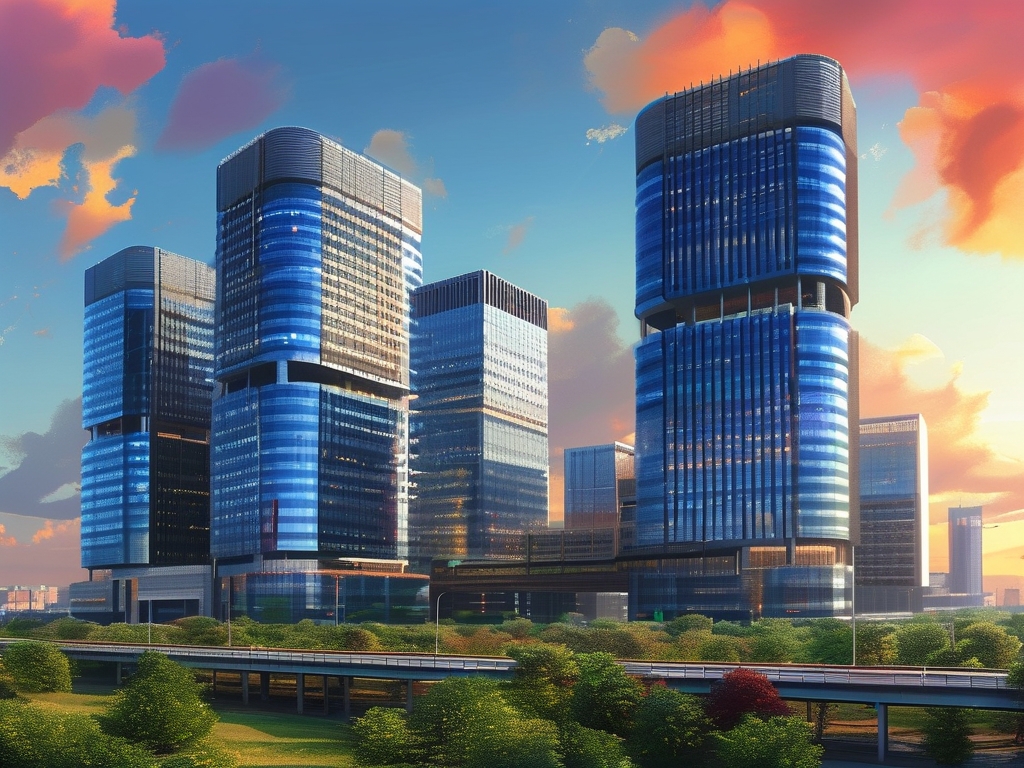The global race to dominate quantum information technology (QIT) has sparked intense competition among cities worldwide. As governments and private enterprises invest billions into quantum computing, communication, and sensing technologies, urban centers are emerging as critical hubs for research, innovation, and commercialization. This article explores the current landscape of cities leading in QIT development and identifies rising players reshaping the field.
North America's Established Powerhouses
In North America, cities like Boston, San Francisco, and Toronto have solidified their positions as quantum innovation leaders. Boston’s ecosystem thrives through collaborations between MIT, Harvard, and companies like IBM Quantum, which operates one of the largest quantum computing networks globally. San Francisco’s startup culture has birthed multiple quantum-focused ventures, leveraging Silicon Valley’s venture capital infrastructure. Meanwhile, Toronto’s Vector Institute and partnerships with D-Wave Systems position it as Canada’s quantum nucleus.

Europe’s Collaborative Networks
European cities emphasize cross-border cooperation. London hosts the UK’s National Quantum Computing Centre and benefits from Imperial College’s quantum research programs. Delft in the Netherlands gained prominence through QuTech, a joint initiative by TU Delft and TNO, achieving breakthroughs in quantum internet prototypes. Munich’s Max Planck Institute and corporate labs from Siemens and BMW integrate quantum solutions into industrial applications, showcasing a unique academia-industry fusion.
Asia’s Accelerated Growth
Asian cities are rapidly closing the gap. Hefei, China, dubbed “Quantum Valley,” houses the University of Science and Technology of China (USTC), where researchers achieved quantum supremacy with the “Jiuzhang” photonic quantum computer. Tokyo’s national quantum initiative prioritizes error-corrected quantum computing, supported by Fujitsu and Toshiba. Singapore, though smaller, punches above its weight with its Quantum Engineering Program, attracting global talent through strategic funding and policy incentives.
Emerging Contenders
Beyond traditional tech hubs, cities like Sydney and Chicago are gaining traction. The University of Sydney’s Quantum Control Laboratory and Microsoft’s Station Q in Sydney exemplify Australia’s growing influence. Chicago’s proximity to Argonne National Laboratory and FermiLab creates synergies in quantum materials research, while its Quantum Exchange fosters startup incubation.
Key Metrics for Ranking
Cities are evaluated based on four criteria: research output (peer-reviewed publications and patents), infrastructure (quantum labs and supercomputing facilities), talent pool (specialized academic programs and workforce), and public-private investment. For instance, Beijing’s 2023 allocation of $15 billion for quantum projects contrasts with Barcelona’s focus on SME-driven quantum software development.
Challenges and Opportunities
Despite progress, challenges persist. Talent shortages plague even top-ranked cities, with estimates suggesting a global deficit of 50,000 quantum-skilled workers by 2025. Cities addressing this through education reforms—like Montreal’s quantum-focused MBA programs—gain competitive edges. Conversely, geopolitical tensions complicate international collaborations, prompting cities to build self-sufficient supply chains for quantum hardware.
Future Outlook
The next decade will likely see decentralized growth as mid-sized cities leverage niche specializations. Pittsburgh’s quantum robotics integration and Zurich’s quantum cryptography advancements illustrate this trend. As quantum technologies transition from labs to markets, cities combining strong IP frameworks with agile regulatory environments will dominate economic spillover opportunities.
In , the quantum information technology race is reshaping urban innovation hierarchies. While established hubs maintain advantages through legacy infrastructure, emerging cities disrupt the status quo by targeting specific quantum subfields. This dynamic competition ensures accelerated technological progress, with multiple urban centers driving humanity toward the quantum era.





